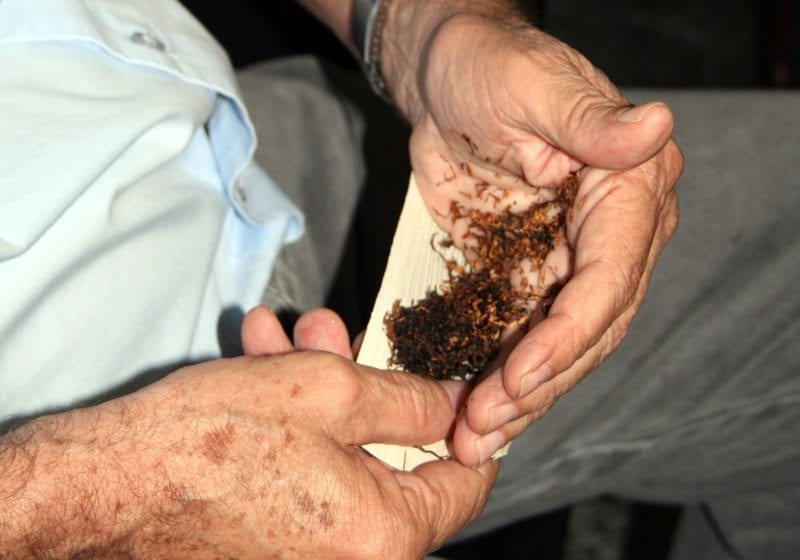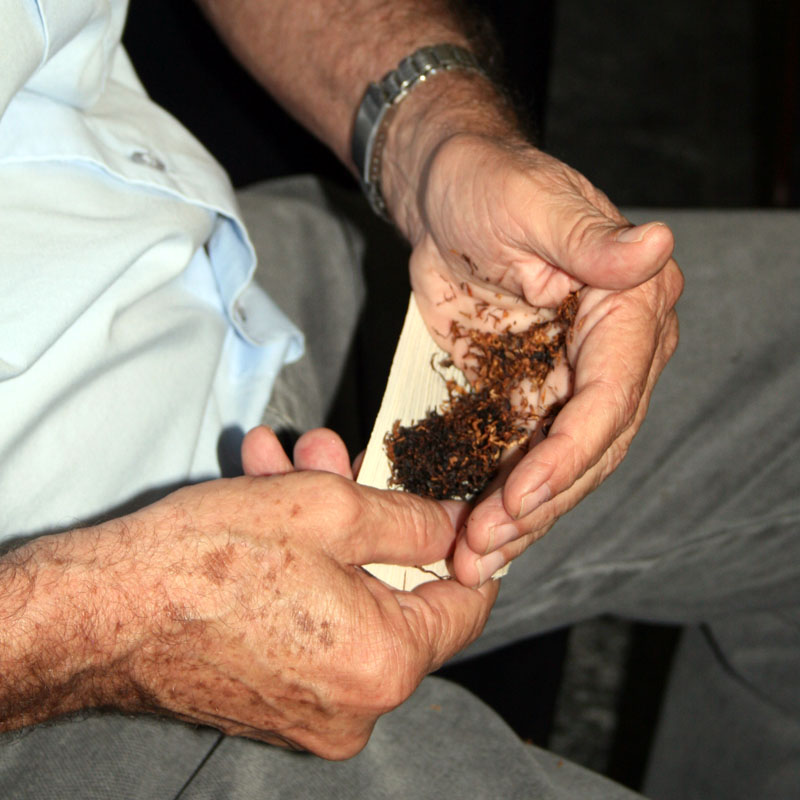
The U.S. Senate on July 1 approved a bill to stop internet sales of vapor products to minors, reports NASC.
Passed unanimously, the Preventing Online Sales of E-Cigarettes to Children Act seeks to close the online loophole of e-cigarette sales to minors by applying the same measures that are required when traditional cigarettes are purchased online. The House passed its version of the bill last year.
The legislation would require online sellers of e-cigarettes to ensure the carrier verifies the age of the recipient upon delivery. It would also require online sellers to collect and remit the appropriate state and local taxes.
These measures are already in place for cigarettes and smokeless tobacco products purchased over the internet because of the Prevent All Cigarette Trafficking (PACT) Act, which Congress enacted in 2010. E-e-cigarettes were uncommon in the marketplace when the law was passed.
The internet is the most common retail source of e-cigarettes to minors, according to a study published in 2018 by the American Journal of Health Promotion.
“According to a report last year, more than a quarter of all high school students and one in 10 middle school students had vaped in the previous 30 days, despite the fact that they are underage and should not have legally been able to buy e-cigarettes,” said Senator Feinstein, one of the sponsors of the Senate bill.
“Age verification for purchasing e-cigarettes online remains practically nonexistent, and it’s time we start regulating these products at least as much as we do traditional cigarettes.”
Last October, the House passed its version of the same bill on suspension. Given that the Senate bill is slightly different than the House version, the House will need to pass the Senate’s version before it can become law.



















